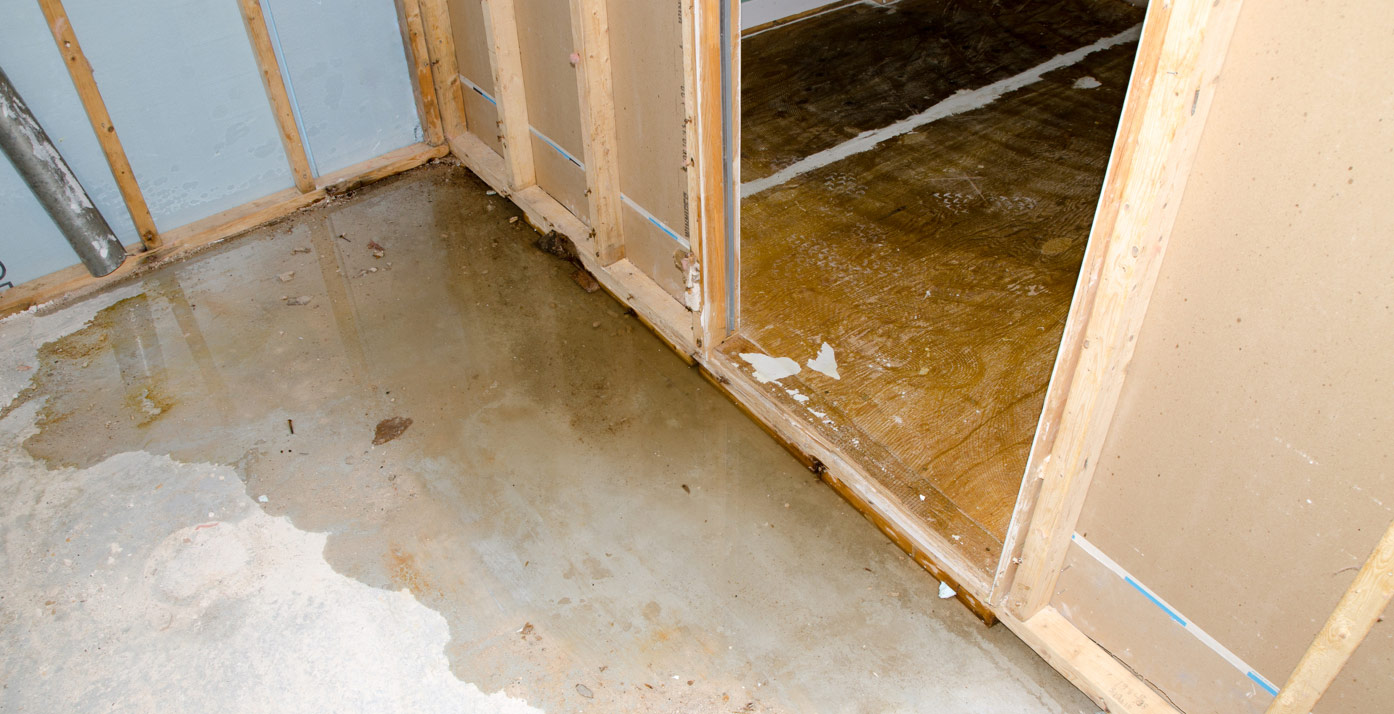This website uses cookies so that we can provide you with the best user experience possible. Cookie information is stored in your browser and performs functions such as recognizing you when you return to our website and helping our team to understand which sections of the website are the most popular and useful.
5 Ways to Spot Future Water Damage Before You Buy a Home

Luckily, there are several ways to spot potential problem areas before you’ve even bought the house! If you’re in the market for a new home, keep an eye out for these water damage warning signs.
1. Follow Your Nose
During the walkthrough, take note of any unusual smells, particularly in the garage, basement, and bathrooms.
If something smells moldy or musty, make a note and follow up on it. Look for visible signs of mold, like discoloration on the walls and floorboards, and if you are planning on making a bid, hire a good home inspector. Ask him or her to use an infrared camera to check any suspect spots for mold or water damage.
2. Visit After a Storm
If you’re seriously considering a particular house, examine the exterior immediately after a rainstorm.
Where is the water flowing? What about gutter runoff? The ground should slope away from the house to avoid water damage.
Pay special attention to any crawl spaces as well as the foundation, and feel for any dampness, as this could be a sign of water intrusion.
3. Check the Roof
Look for shingles that appear loose, dimpled, or discolored, as these can be warning signs of leaks to come.
If you live in a snowy area, take special note of icicles hanging from the eaves during the winter. They may look pretty, but they indicate an ice dam.
If the roof isn’t well insulated, heat will leak out, melting the snow. Then, when more snow falls, that melted under-layer is trapped and can seep into the roof and walls.
4. Examine Windows and Door Frames
This is another one you can do without actually entering the house. Walk around and look at the windows and doors. Do you see any gaps between the wall and the sills? Is the caulk peeling? Is the wood discolored or soft?
This can indicate water damage or rot. It’s not necessarily a deal breaker, but if you choose to purchase that house, make sure to repair and replace any of the damaged wood, and try to locate the source of the water so your replacement wood doesn’t suffer the same soggy fate.
5. Listen for Leaks
Drip, drip, drip…if a sink, faucet, bathtub, or shower head is leaking away, this is a red flag. The leak may have just started—or it’s been going on for years, and the extent of the damage won’t become apparent until the floor starts buckling.
If the water in the house is turned on, check each faucet for leaks. Turn it on and off, and make sure the flow of water stops completely. Otherwise, you may have an issue down the line.
Get Help to Tackle Repairs
The Insurance Information Institute reported that in 2012, 17.5% of homeowner insurance losses were caused by water damage and freezing, with an average of more than $7,000 in damages.
If you find signs of current water damage (or it could be an issue in the future), you don’t have to rule that house out. Talk with your home inspector and see if you can incorporate some repairs into your offer.
Do your due diligence before you even purchase a home, and you can avoid sinking money into a waterlogged house.




